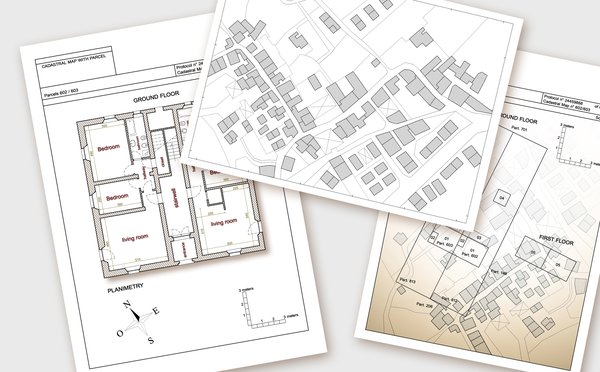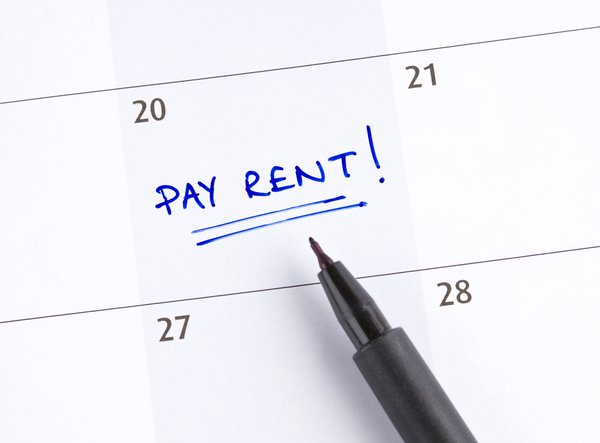While most people are familiar with the concept of a real estate agent or Realtor, a real estate consultant can be a different story. This type of real estate professional can be considered to be a hybrid between a financial planner and a real estate investor. If that sounds interesting to you, read on below. We'll cover more about what a real estate consultant is, how this job works, and how you can get started on the career path.

What is a real estate consultant?
First, let's compare real estate consultants and financial advisors. Put simply, real estate consultants are professionals who specialize in helping buyers and sellers make informed decisions about their real estate transactions. For example, they can help conduct a financial analysis for a particular property or assist with strategic planning when trying to build your portfolio.
Since their role in a transaction is more geared toward asset management, these consultants tend to work with real estate investors rather than residential buyers and sellers. For someone trying to become a real estate mogul, for instance, bringing a consultant on board can be a great way for them to develop a comprehensive real estate investment strategy and set goals for growing a flourishing real estate business.
How is a real estate consultant different from a real estate salesperson?
When talking about real estate consultants, people often wonder how a real estate consultant is different from a real estate salesperson. These two types of real estate professionals serve two different functions in the real estate transaction. While a real estate consultant is involved more with helping investors make decisions about what to do with their real estate assets, a buyer's agent or listing agent is more involved in managing the day-to-day processes necessary for completing a real estate transaction.
A real estate consultant might use their expertise to help their client decide whether selling a real estate asset or adding more real property to their portfolio is a good idea from a financial standpoint. However, once the decision is made, a real estate agent might help the same client figure out the appropriate valuation for the property, handle marketing for the property, and play a key role in any contract negotiation.
What are the pros and cons of real estate consulting?
Now that you understand the role this type of consulting plays in the real estate industry, it's time to look closer at the pros and cons of taking on a real estate consultant job. Like any profession, starting a career as a real estate consultant will have its ups and downs.
Pros
Like any consulting business, a career in real estate consulting tends to be what you make of it. There's really no set way to be a real estate consultant, which means you'll have a lot of freedom but will also face a lot of personal responsibility. For instance, since you'll be running your own business, you can decide whether you want to work for individual real estate investors or institutional investors at a member firm. In addition to picking your own clients, you'll also have the freedom to set your own hours and fee structure.
That said, while you probably won't get a salary unless you're working as part of an existing brokerage, the pay rate associated with this job could be considered another benefit. According to PayScale, the average real estate consultant salary is $63,332 per year. However, according to their research, the salary range can go up to $104,000 per year.
Cons
The downside of choosing to become a real estate consultant is that there may not be many official job openings to be found. As mentioned, this career is best suited for someone ready to take on the challenge of owning their own business and doing their own marketing. Unlike a traditional real estate agent, a real estate consultant's services are rather niche and may not be offered by every brokerage.
Additionally, this career can be dependent on the state of the real estate market. If your particular market is slow, investors likely aren't going to be interested in adding more real property to their portfolios. So if you go this route, be prepared for business to wax and wane over time.
How to become a real estate consultant
There's no defined path to follow to open up your own real estate consulting business. However, here are a few suggestions to help you get started.
First and foremost, you'll want to get your real estate license. Anytime you start a business involving the real estate market, it's important to have some real estate education under your belt. Start by taking the classes and sitting for your state exam. Once you have your associate broker's license, you can become a sales agent, a real estate consultant, or offer both services.
Next, think about getting a professional designation. In this case, you could join the National Association of Realtors. As a Realtor, you'd be bound to operate according to a code of conduct. However, having this designation could be a major selling point for your future clients.
Finally, pick a niche and start marketing your services. For example, it's up to you to decide whether you want to focus on commercial real estate clients or residential real estate clients. While it may seem silly to limit your business opportunities, by doing so, you're positioning yourself as an expert in your particular field.
More real estate topics
The bottom line
A career in real estate consulting is not for everyone. However, if you're interested in financial analysis and helping people reach their goals, it may be the right fit for you.
If you're interested in pursuing this type of career within the real estate industry, use this as your guide to getting started. Armed with this knowledge, you should have a much better idea of whether this career path is the right fit for you.























